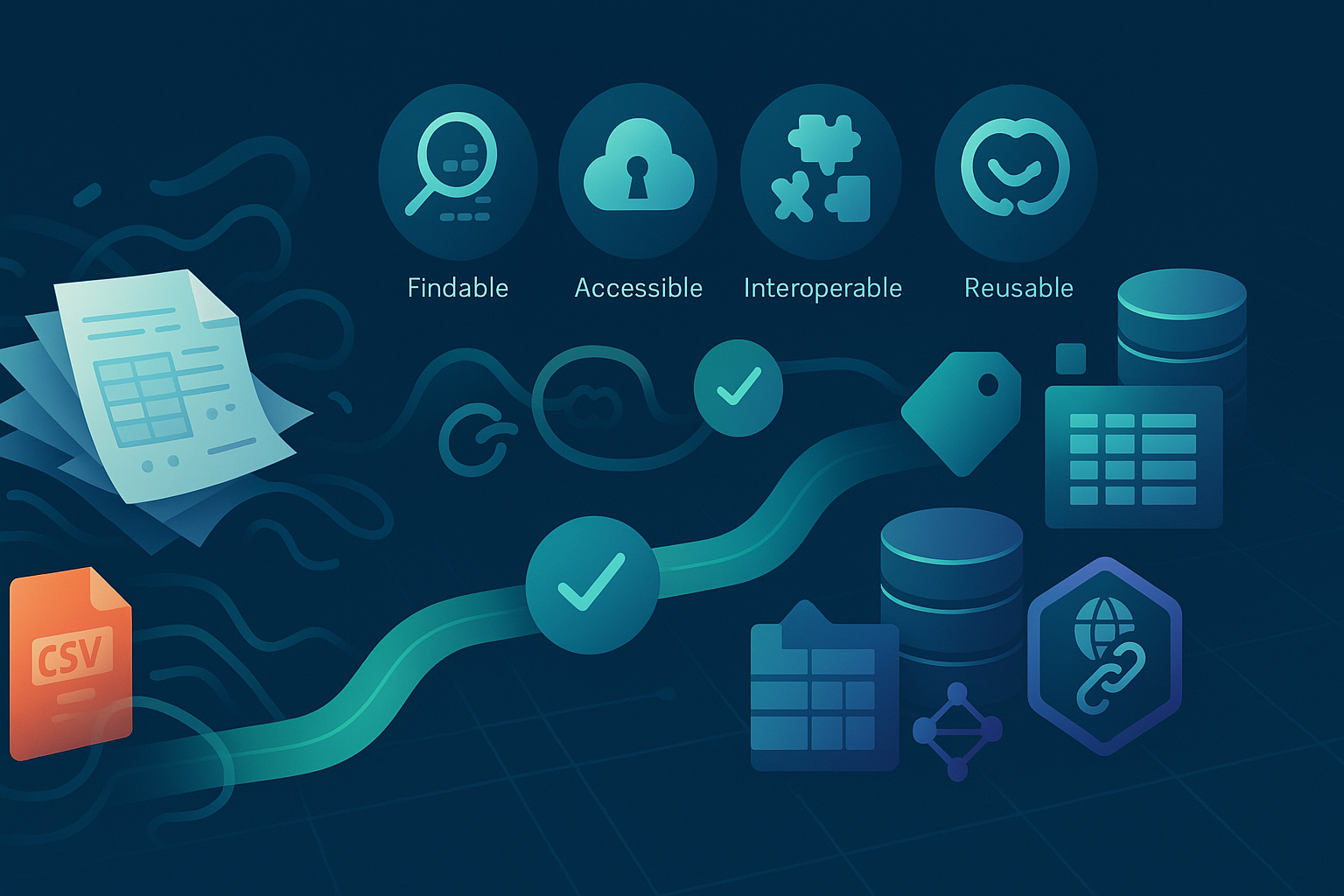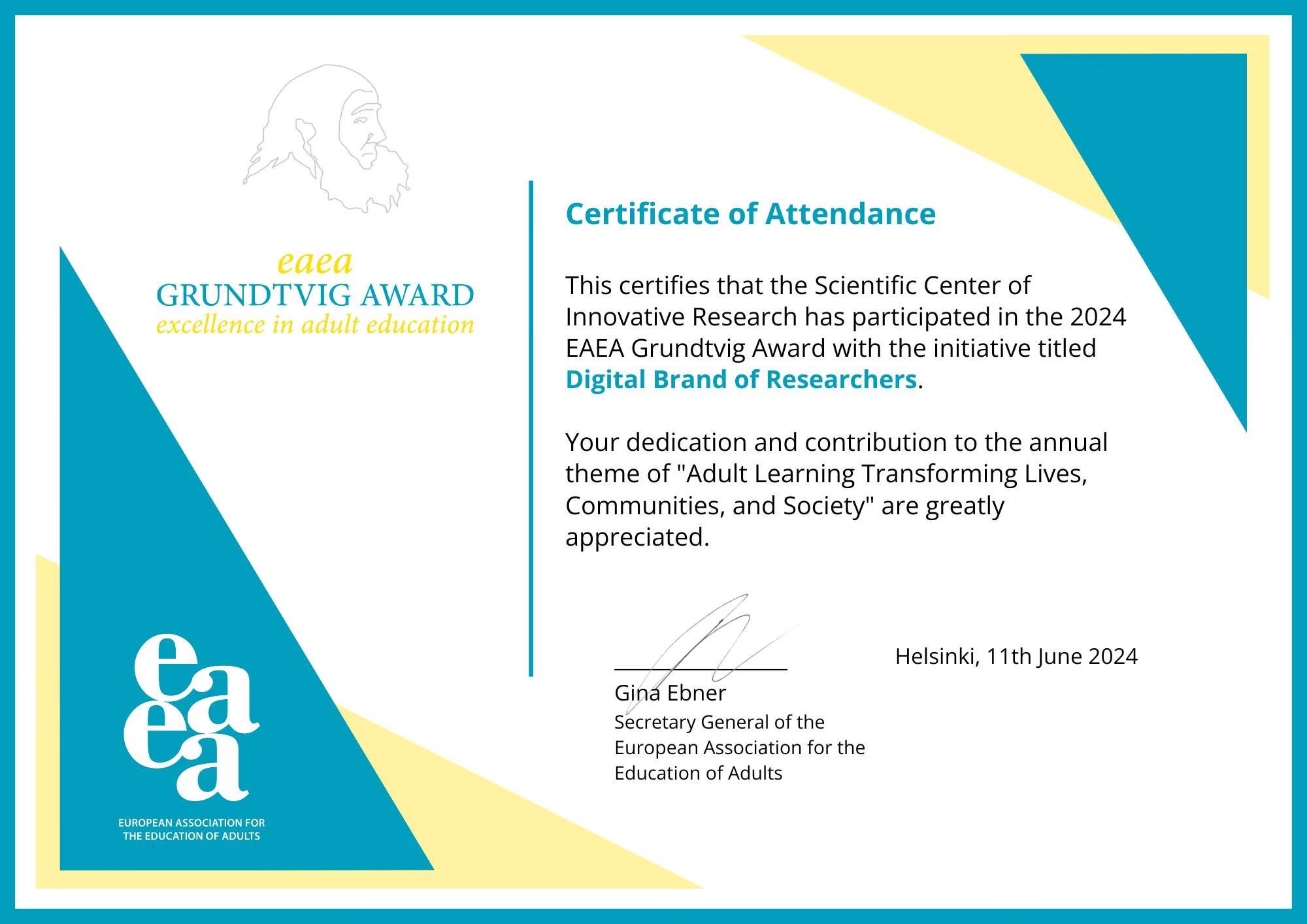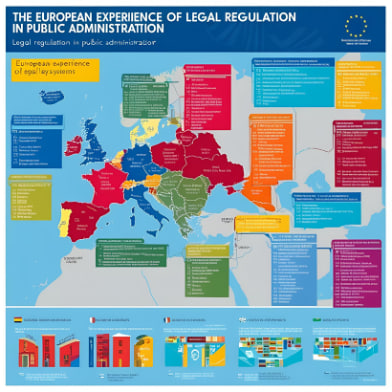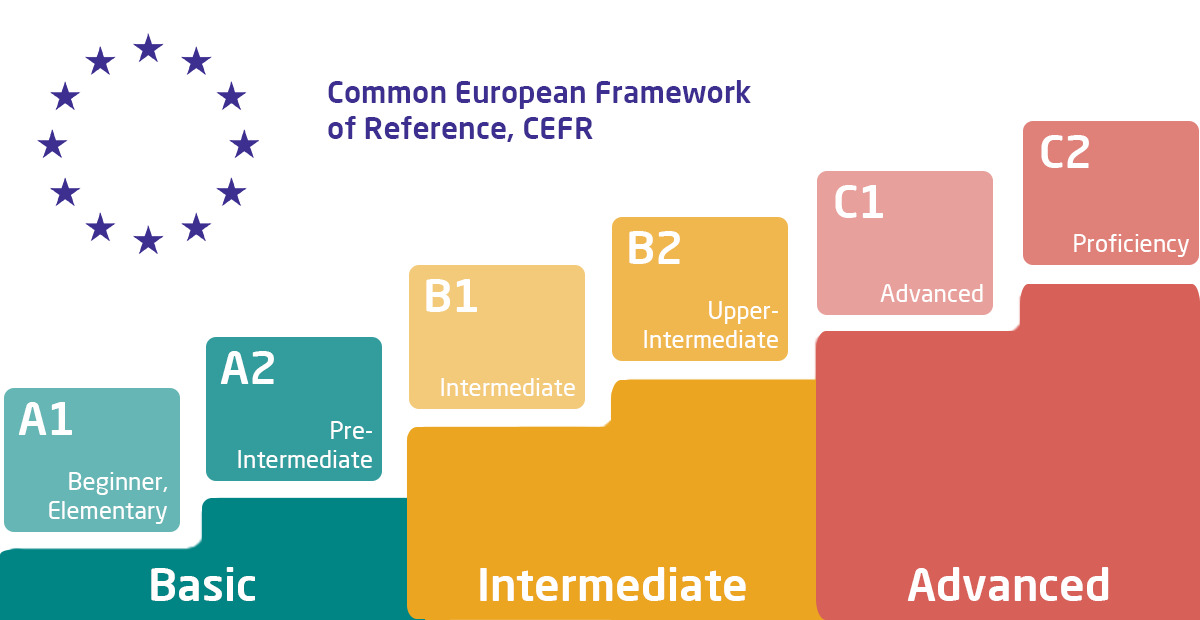For the workshop "AI Tools in Scientific and Project Concepts Writing," envision an interactive and immersive learning environment designed for academics, researchers, and professionals keen on leveraging artificial intelligence to elevate their scientific writing and project conceptualization. This workshop aims to bridge the gap between cutting-edge AI tools and effective communication of complex scientific ideas, facilitating the creation of compelling, accurate, and innovative project concepts and research papers.
Workshop Overview:
Participants will engage in a series of sessions that introduce them to the latest AI writing and research tools, including how these can be applied to streamline the research process, enhance data analysis, and improve the clarity and impact of their writing. The workshop combines theoretical knowledge with practical, hands-on sessions where attendees will work on actual writing projects, applying AI tools to real-world scientific writing challenges.
Key Features:
Introduction to AI Writing Tools: An overview of the current landscape of AI writing technologies, including language models, data analysis software, and project management tools designed to support scientific research.
Hands-On Sessions: Guided exercises where participants apply AI tools to draft, revise, and refine scientific documents and project proposals.
Expert Facilitators: Sessions led by experienced researchers, AI technologists, and professional writers specializing in scientific communication.
Collaborative Projects: Opportunities for participants to collaborate on writing projects, fostering a community of practice around the use of AI in scientific writing.
Ethical Considerations and Best Practices: Discussions on the ethical use of AI in research and writing, including considerations of bias, credibility, and the importance of maintaining scientific integrity.
Who Should Attend:
This workshop is ideal for researchers, academic professionals, project managers, and anyone involved in the creation and communication of scientific or technical research. It is particularly beneficial for those looking to enhance their writing productivity and effectiveness through the use of AI tools.
Outcomes:
By the end of the workshop, participants will be equipped with the knowledge and skills to:
- Efficiently utilize AI tools for research and writing in scientific contexts.
- Enhance the clarity, coherence, and impact of their scientific writing.
- Streamline the research and writing process, from ideation to publication.
- Navigate the ethical considerations involved in using AI in scientific communication.
Join us to explore how AI can transform your scientific writing and project concepts, making your research process more efficient and your outcomes more impactful.
According to the training results, the participants receive a 6 ECTS certificate.















